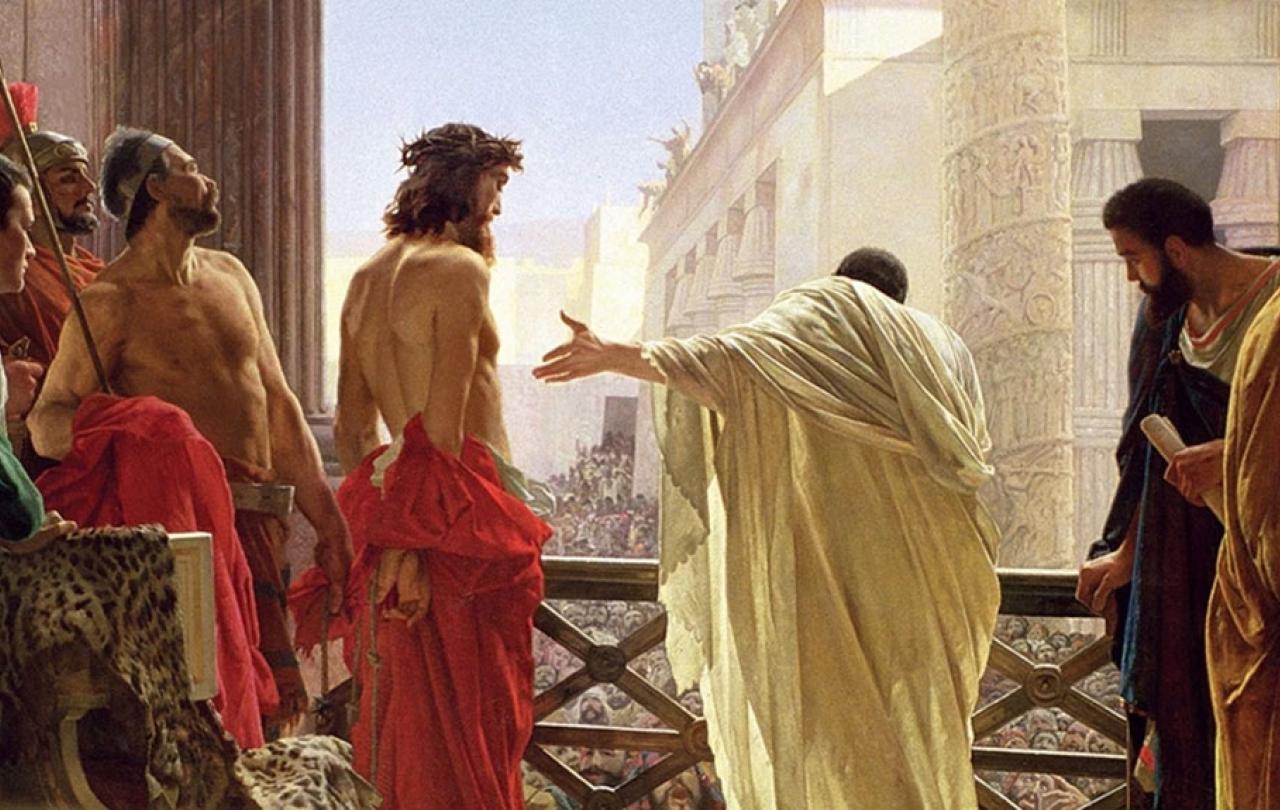
At the end of this series on the cardinal virtues, presented during Lent, we come to what may seem the most Lenten of them all: to temperance, or restraint. In a certain sense temperance is Lenten. I’ve been drawing on Thomas Aquinas as we journey through the virtues, and Lent features in his discussion of temperance in a way that it doesn’t in his treatment of the others. He brings in Lenten fasting, for instance. In another sense, however, Lent cannot be said primarily to be the season of temperance, simply because Lent is supremely the season for virtue, and temperance, while a virtue, is a lesser virtue than either prudence (the capacity to make wise moral decisions) or justice (or fairness). Those are the virtues of the first rank. We need temperance, and courage, as the virtues in the second rank, only as aids in the prudent attainment of justice.
On love of life
Aquinas is a cheerful theologian, and an upbeat writer. We see that in his insistence that temperance is ultimately about love of life, not hatred of it. Indeed, temperance is about self-preservation. Indeed, that applies twice over: first, because the domain of temperance concerns things that make for life (for instance, food, drink, sleep, and sexual relations), but also, and all the more so, because temperance is about moderation in those areas precisely for the sake of self-preservation. Human nature being as it is, the very things that most make for life, and which we therefore desire strongly, can – because we desire them so much – be taken up immoderately, and then impede life. Eating again serves as an example, or the loss of the very great good of a life-long relationship because of a promiscuous moment. It is the greatest goods than need the most diligent preservation. Just as courage recognised the good of what it was prepared to lose for the sake of the doing the right thing (for, if they were not good, why would we need to show courage in losing them?), so does temperance.
Aquinas praises fasting, for instance, but exactly not because it stands against human life or the body. Rather, he praises fasting as a way to bodily and spiritual health. Indeed, he thought that the connection, especially with respect to spiritual wellbeing, was so strong and obvious that it would oblige everyone to fast sometimes, as a matter of universal common sense, even outside the strictures of any particular religious tradition.
The middle way again
His discussion of temperance is really all about moderation. We saw in the last article that virtues have the character of a ‘mean’ or middle way, such that hope lies between despair and presumption, and courage between cowardice and foolhardiness. In this way, temperance lies between harmful excess and harmful restraint. There is a vice of too much foregoing as well as one of too little.
I began by remarking that temperance, for Aquinas, is a secondary virtue, vital but needed only because of human weakness. Josef Pieper, among his most insightful twentieth century followers, offered an admirable summary. Temperance, or moderation, does not, in itself ‘realise the good’, but it remains an important part of that realisation. Pieper offers the image of a river and its banks. Without temperance
‘the stream of the innermost human will-to-be would overflow destructively beyond all bounds, it would lose its direction and never reach the sea of perfection. But it is the shore, the banks, from whose solidity the stream receives the gift of straight unhindered course, of force, descent, and velocity.’
The magnetic pole of virtue is the good. It is not defined by difficulty or hardship. Temperance, or the virtue of restraint, is not the goal of the river that is human life, but it does form the river banks that allow a human life to flow deep and true.






